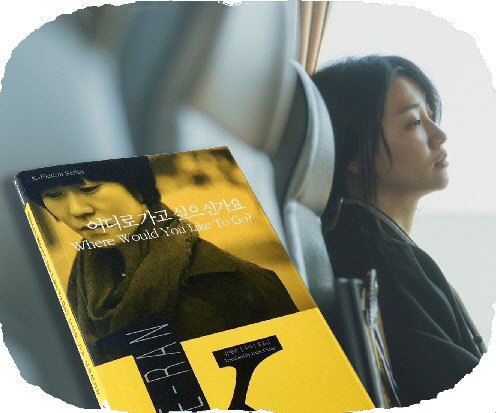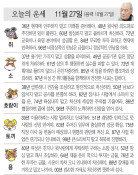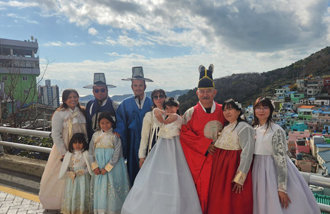‘I will live the rest of my life wondering’
‘I will live the rest of my life wondering’
Posted May. 10, 2023 07:48,
Updated May. 10, 2023 07:48

She is crying without pause in front of a portrait. Her three-year-old niece, who is still babbling, stares blankly at her and puts a cookie from her hand into her aunt's hand. This is a scene from Kim Ae-ran's novel "Where would you like to go?" So, what is the source of that heart?
Her husband died: He died while trying to save his student from drowning. No one can comfort the wife and the only person she can interact with is Siri, the phone's built-in voice recognition program. She asks Siri, “What happens when a person dies?” Instead of an answer to that question, a question comes back. “To where do you mean?”, “Where would you like to go?” Although these are absurd answers, there is a particular resonance with Siri’s responses. She lost her way and got thrown off the path by misfortune. She has lost the meaning of continuing to live life in this world.
What saved her from the world of humdrum is a letter from the dead student's older sister. It was a letter from a teenage orphan girl who is paralyzed on one side of her body and has difficulty writing properly. She said in the letter that she was so sorry for being selfish, but she felt at ease to know that her frail brother was still holding the teacher's hand in his final moments. At the same time, she said that she will live her life gratefully and "keep wondering" about what the teacher was feeling when he held her brother's hand.
The letter returned her to the world of meaning. She had resented her dead husband for giving himself up to save someone else. However, maybe her husband was without an option as his student was facing a life and death situation. “Maybe on that day, at that time, there, it occurred to me that ‘life’ might not have jumped into ‘death’, rather, the other way around might be the case.” This is how she imparted meaning to her husband's death. Then her mourning began as she started to miss her husband unbearably.
Director Kim Hee-jung's "Where would you like to go?," the closing film of the 2023 Jeonju International Film Festival, beautifully narrates Kim Ae-ran's novel. Additionally, unlike the setting of the novel, this film calmly covers even the historical aspects that mourning has with the scar-ridden Gwangju and Warsaw, Poland as backdrops.
Headline News
- Trump’s proposed tariffs on Mexico, Canada, and China spark global trade concerns
- Samsung C&T and partners secure 5.2 trillion won Qatar plant order
- Seoul launches early-morning autonomous bus service
- Kiwoom Heroes signs with outfielder Yasiel Puig
- Lee acquitted of subornation of perjury charges in first trial







